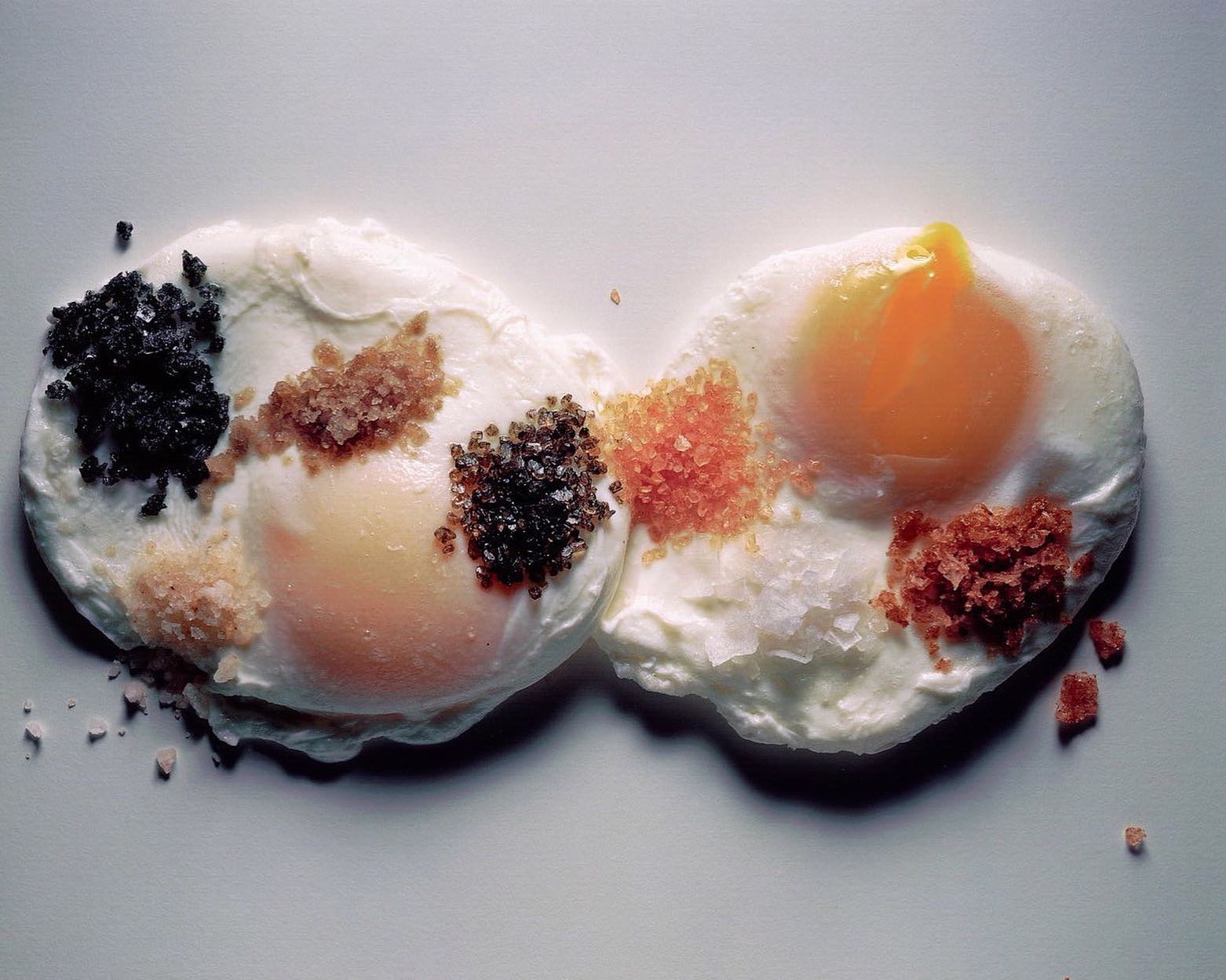What is Choline?

Choline is a nutrient you don’t hear much about, yet an estimated 90% of the U.S. population is deficient in it. As an essential micro-nutrient, choline is indispensable to our health and while our livers make a small amount, we need to obtain it through diet and sometimes supplementation, to get enough.
While the organic water soluble compound is not considered to be a vitamin or mineral, it is often grouped with B vitamins due to their similar functions. Choline, like vitamin B complex, is imperative for your brain, liver, muscles, nervous system, DNA synthesis and overall metabolism function.
Liver Health
Choline is essential for maintaining proper liver function. It plays a major role in transporting fat and cholesterol from the liver to the other parts of your body that need them. Choline deficiency can lead to fat buildup in the liver, making it harder for the liver to filter out harmful substances you are exposed to in your diet and the environment. According to Ann Louise Gittleman, Ph.D. and author of “Choline Clears the Fat Log Jam”, “just a few weeks on a choline deficient diet has been shown to cause abnormal liver function.” In fact, a choline deficiency can lead to fatty liver disease, which is the most common cause of liver disease in the U.S., affecting a third of American adults. Fatty liver disease happens when too much fat gets stored in liver cells, which can lead to inflammation, scarring (cirrhosis) and liver failure. This is the same kind of damage that is seen in individuals who abuse alcohol.
Studies show that when people with fatty liver disease, supplement with choline, their liver returns to normal. Gittleman explains that choline is vital to controlling fat and cholesterol buildup in the body, regulating the kidneys, liver and gallbladder, and banishing fatigue.
Choline, along with methionine and inositol, is also very beneficial in helping the liver convert estradiol into estriol (the safer form of estrogen). According to Gittleman, many estrogen based disorders such as fibrocystic breast syndrome, uterine fibroids, and endometriosis, may benefit from added choline, along with other nutritional therapies.
Weight Loss
Choline has been proven to play an important role in weight loss. A 2014 studyfound that when a group of athletes took choline tablets one week before a competition, the athletes were able to “rapidly reduce body mass without any side effects on biochemical levels or static strength.” In fact, the group lost an average of 10% of their body fat, in just one week of supplementing.
Choline’s incredible ability to flush fat has to do with a process called lipolysis, which is the way fats are broken down in the body. If you think of fat as stored energy, choline promotes the breakdown of fats, as well as the transportation of them throughout the body and to the cells, where they are quickly burned for energy. This causes the body to burn fat more quickly than it would at its typical metabolic rate.
Brain Health
Choline is a major brain food. In fact, it's crucial for optimal brain health and development. As a precursor for the production of the neurotransmitter acetylcholine, choline is integral for memory, mood, cognition and intelligence. Choline also helps to form phosphatidylcholine, which is necessary for proper mental functioning. According to a Forbes article, “phosphatidylcholine was found to stimulate the growth of new brain cells and neural connections, a process known as neurogenesis and once thought to be impossible after a certain age.”
In a study of adults aged 50-85, who exhibited poor memory, taking 1,000 milligrams a day of choline resulted in better brain function, memory and processing.
Studies also show that choline is associated with relieving anxiety as well as substantially reducing manic symptoms or all mood symptoms in individuals with rapid-cycling bipolar disorder.
Choline is crucial during fetal development, breastfeeding and early childhood and plays a key role in preventing birth defects. It’s so vital that it’s found in breast milk and the FDA requires all infant formulas to include it. Babies require choline to ensure proper brain development and getting sufficient amounts in childhood can provide lifelong benefits to the nervous system.
Choline Supplementation
It’s important to note that folate plays an important role in the body’s ability to create and use choline, as the two nutrients work together synergistically. According to research, the amount of folate you consume dictates how much choline your body makes and how much it needs from food sources. So someone who is getting plenty of folate through leafy green vegetables, will need to obtain less choline through food sources.
If you are going to supplement with choline, a reasonable daily intake is anywhere from 350 mg to 1,000 mg per day. As everyones bodies are different, some people require more than others. One study showed only 138 mg per 170 pounds of body weight was needed to return a liver to normal. While in another study, it took 825 mg per 170 pounds of body weight to normalize liver function.
It is best to take choline supplements earlier in the day as some people find it interferes with sleep when taken in the evening.
Food sources high in choline include:
Salmon
1 fillet: 242 mg (44% DV)
Chickpeas
1 cup uncooked: 198 mg (36% DV)
Split Peas
1 cup uncooked: 188 mg (34% DV)
Navy Beans
1 cup raw: 181 mg (32% DV)
Eggs
1 large egg: 147 mg (27% DV)
Shitake Mushrooms
1/2 cup: 58 mg (10% DV)
Turkey
3 oz: 57 mg (10% DV)
Chicken
3 oz: 50 mg (9% DV)
Cauliflower
1 cup raw: 47 mg (8% DV)
***THESE STATEMENTS HAVE NOT BEEN APPROVED OR REGULATED BY THE FDA. WE ARE NOT DOCTORS, THEREFORE ALWAYS CONSULT WITH YOUR DOCTOR FIRST.





